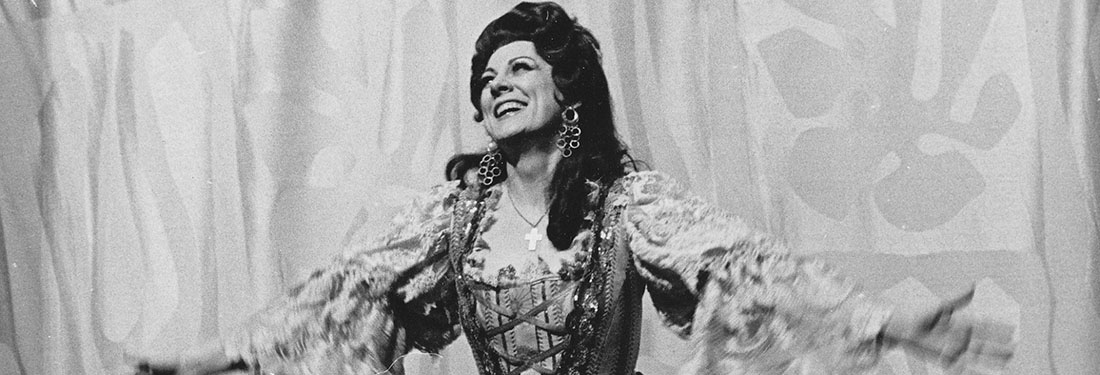
January is the Janus month where we look both towards the past but also towards the future. We try to glean from the past year what we did right and what we did wrong and from that try to make decisions that will hopefully lead to a better future. Today I want to look back at a few people we have lost, including our site founder James Jorden. I also want to pay tribute to the late Mike Richter, a retired aerospace engineer who devoted himself to restoring obscure opera recordings and sharing them online who passed in October 2013; the tenth anniversary of this death was last year.
Today, January 27th, is International Holocaust Remembrance Day. I am also going to pay tribute here to a lovely Jewish artist, Rose Ader, beloved of Puccini whose career (but luckily not her life) was cut short by the Nazis. (Joseph Schmidt, Ottilie Metzger, Louis Treumann, Grete Forst, Henrietta Gottlieb, Cantor Gershon Sirota and others were not so lucky).
Life is full of loss with the last loss being that of life itself. Yet worse than losing one’s life (which is the fate of us all) is to be forgotten. 2023 saw the passing of Virginia Zeani, Grace Bumbry, Gabriele Schnaut, Pedro Lavirgen, Danica Mastilovic, Kathryn Harries, Stephen Gould, Margherita Rinaldi, Alberto Rinaldi, Robert Hale, Suzanne Sarroca and, in August, the legendary Renata Scotto. Scotto (1934-2023) was a legendary diva whose artistry inspired our site founder, James Jorden to devote his life and personal passion to opera as an art form.
Sadly, James followed his tutelary diva into the great beyond a little less than two months later. Scotto is one artist whose legacy will live on because she has many videos of her art (early and late) and many more audio recordings of her voice capturing it in its youthful prime. These physical mementos will keep Scotto’s flame and name alive and will be heard by new opera lovers who will understand why she was great. The experience will not be the same as those who saw her live in the theater and came into direct contact with her art, but they will see who she was and why she was important.
Many artists were not so lucky. Some were born before the invention of modern sound and video recording and there are no mementos of their art – they are names in old books, old newspaper reviews and articles and silent paintings and rotogravures reproduced in monochrome. The internet is a wonderful resource for disseminating information and sharing audio and video files, but it also is ephemeral – more so than books or magazines. Which is why the closure of Opera News for many of us was a sad event – it is part of the death of print media, critical arts writing, and with it much of substance that adds to our store of knowledge of art and music. Critical writing preserves and promotes artistry, recording accounts of performing arts events and artists themselves while communicating why art and artists are essential to our experience of life.
One such unlucky soul to leave little recorded evidence behind and become forgotten was the adorable Rose Ader (1890-1955) a German lyric-coloratura soprano who had the misfortune to conduct her career between two world wars, the second of which effectively ended her career due to her being Jewish. She was loved by Giacomo Puccini, perhaps his last love, and he conceived the role of Liù in Turandot with her voice and art in mind. Puccini became infatuated with Ader when he saw her create the role of Suor Angelica in Hamburg, her home theater, in February 1921. Their relationship continued until about 1923 when she married an Italian count.
Ader’s official discography consists of a mere two sides on the Parlophon label – both of Mimì’s arias from La Bohème recorded in 1928 in Italian. Her discography is much smaller than those of Maria Ivogün, Lotte Schöne, Elisabeth Schumann, Grete Forst, Fritzi Jokl, et al. They are shimmering accounts revealing a tender and sensitive soul as well as a ravishing voice. Ader is very much in the moment and also possesses another rare lost quality – charm. She is old-fashioned with an adorable, heart-catching manner. You see why Puccini was enraptured immediately.
(I recently discovered that the excellent operatic reissue label Malibran Music has reissued all of Rose Ader’s recorded material–obviously sourced from Mike Richter’s transfers–on a new CD release Malibran AMR198.)
I was introduced to Rose Ader’s recordings by the late Mike Richter on his website. Richter died in October 2013 and was not only a deep and wide-ranging opera scholar but also sound engineer and an internet pioneer. Richter’s website (now offline), his CD-ROMs, and his unending work preserving and disseminating important opera recordings are not forgotten. However, after his death his websites were abandoned and taken down. One such website that was lost was www.RoseAder.info (offline but preserved here) which expanded on his webpage devoted to the soprano on his website with extra information, unpublished and previously unavailable recordings of Ader and rare photos of the soprano contributed by her then very elderly (and now deceased) son Antonio Trigona who lived in Buenos Aires. He shared this unique material from his mother’s collection to Mike in order that he might preserve his mother’s art and expand her legacy. But his death and then Mike’s within a few years of each other meant that the site fell into internet oblivion…
Until today! parterre box is excited to present again Mike’s collection of recordings of Rose Ader along with this biographical sketch in honor of a significant artist whose Jewish identity perhaps prevented her from achieving the renown she deserved.
Rose Ader was born on April 28, 1890 at the northeastern town of Oderberg, Germany along the Polish border. Ader made her debut in 1915 at Stadttheater of Hamburg, where she remained until 1918. In the 1918-19 season she was engaged by the Wiener Staatsoper, singing Micaela, Blondchen, Oscar, Gilda, Lady Harriet in Martha, Philine in Mignonas well as some new operas. Ader sang in the 1920-21 season at the Hamburger Oper and remained a member of this opera house till 1931. It was there in 1921 she sang the title role in the German première of Puccini’s Suor Angelica and met and won the heart of Puccini himself.
She made a guest appearance in 1922 at the Teatro Costanzi in Rome as Mimì in Puccini’s La Bohème. In 1930 she sang at the Théâtre Pigalle in Paris. In 1931 she performed at Covent Garden in Die Fledermaus (as Rosalinde). In 1928 and 1930 she appeared in Amsterdam. In the 1928-29 season she performed at La Scala. From 1931 to 1938 several times she sang at the Wiener Staatsoper. In 1927 she guested at Staatsoper Dresden. In 1930 she appeared at the Opéra-Comique in Paris (Paris Théâtre Pigalle as Mimì). She sang also in Berlin and Munich. In 1930 she gave a recital in Copenhagen.
In 1923, Ader married a Sicilian nobleman, Count Trigona, Prince of Calvaruso, and they had one son, Count Antonio Trigona who accompanied her on the piano in later life. He had no children of his own and died after 2010 or so. After her marriage she sang under the name Rose Ader-Trigona.
In 1933 with the rise of the Third Reich, Ader was forced to leave Germany and emigrated with her family to Austria. She appeared as Urbain in Les Huguenots at the Wiener Staatsoper in 1933 and as Mimì and Manon (Massenet) in 1935. Eventually Austria was no longer a safe haven – from there she went to Italy where they remained until after the war. Ader’s operatic career ended at this point. During her isolation in Italy, Ader’s marriage became strained and she separated from the Count Trigona. After this time Ader and her son emigrated to Argentina, where she remained for the rest of her life. She worked as a pedagogue at the conservatory in Buenos Aires after 1949. A recording of four songs made in 1952 from a radio concert, shows the 62-year old soprano in fine vocal fettle. Rose Ader died in Buenos Aires on March 28, 1955 survived by her son Antonio.
I must thank those who contributed over the years to this resurrection – the late Mike Richter (his original site page can be found in Volume 5 of his Site CD-ROM), the late Count Antonio Trigona, Larry Lustig and also the controversial Ashot Arakelyan whose website “Forgotten Opera Singers” (blocked on my server) provided much career info on Ader reproduced here. The discography is taken with prior permission from The Record Collector, Volume 52 No. 1, March 2007.
Test pressings (with piano), Berlin (?), all in Italian
Turandot – “Tu che di gel sei cinta” W-17-P – 14 January 1928
La bohème – “Si, mi chiamano Mimi“
Tosca – “Vissi d’arte“
Parlophone, Electric, Berlin, all in Italian
conducted by Selmar Meyrowitz
La bohème – “Si, mi chiamano Mimi” – P 9257 Mx. 20627 – 17 February 1928
La bohème – “Addio … donde lieta usci” – P 9257 Mx 20628 – 17 February 1928
Turandot – “Tu che di gel sei cinta (w.piano)” – Unpublished Mx 20629 – 17 February 1928
Madama Butterfly – “Un bel di vedremo” -Unpublished Mx 20634 – 21 February 1928
Tosca – “Vissi d ‘arte” – Unpublished Mx 20635 – 21 February 1928
La Wally – “Ebben, ne andrò lontana” – Unpublished Mx 20636 – 21 February 1928
conducted by Frieder Weissmann
Tosca – “Vissi d ‘arte” – Unissued Parlophon Mx 20635-2
Manon – “Nützet die schönen, junge Tage” Unpublished Mx. 21085 – 19 November 1928
Manon – “Nützet die schönen, junge Tage” Unpublished Mx. 21085-2 – 19 November 1928
Funk-Stunde A.-G. Berlin (off-air)
conducted by Otto Klemperer
Otello – “Ave Maria” (In German) Mx. Bln 400 – 1 January 1931
Radio Excelsior, Buenos Aires – 5 July 1952 – Ricardo Linares (piano)
D. Cimarosa: “Bel nome che adoro”
Schumann: “Widmung,” op. 25 No. 1
Schumann: “Die Lotosblume,” op. 25 No. 7
Schubert: “Du bist die Ruh’,” D. 776
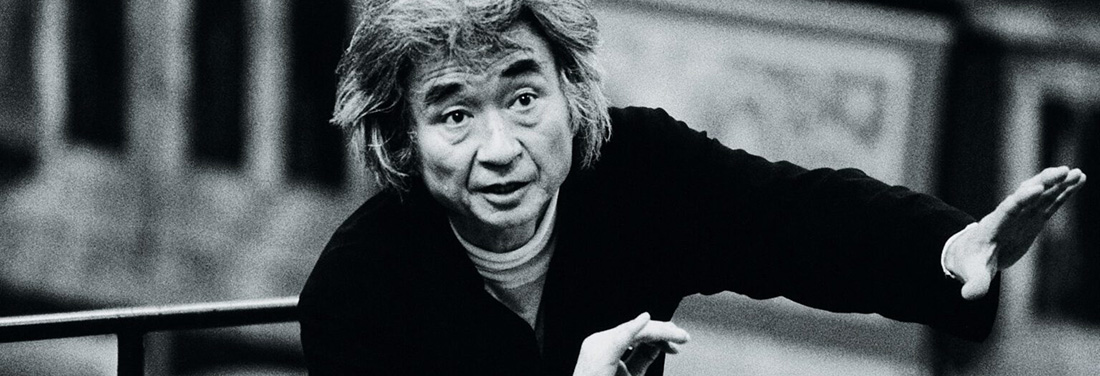
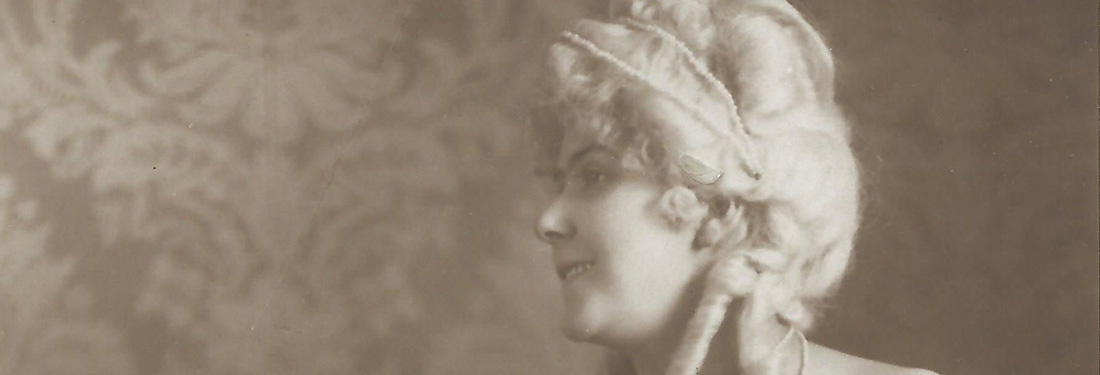
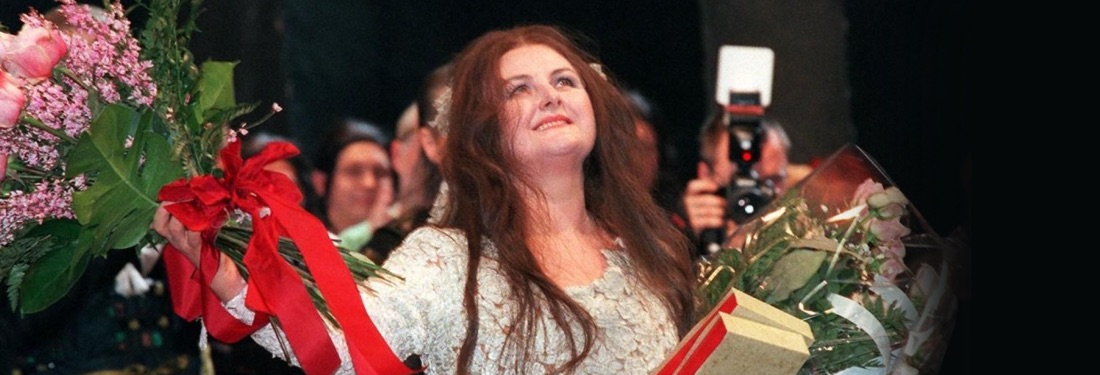


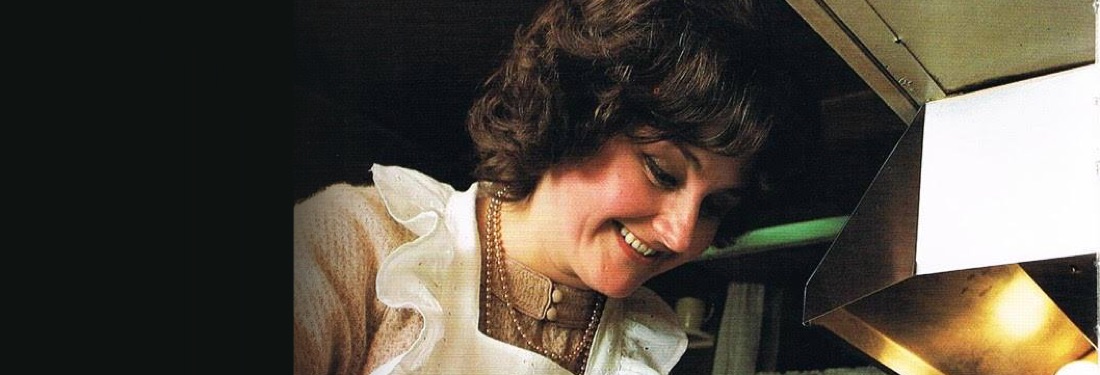
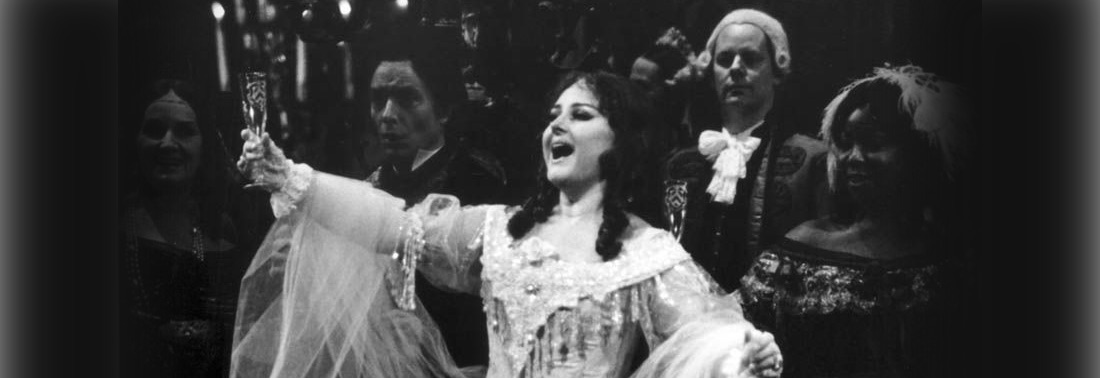


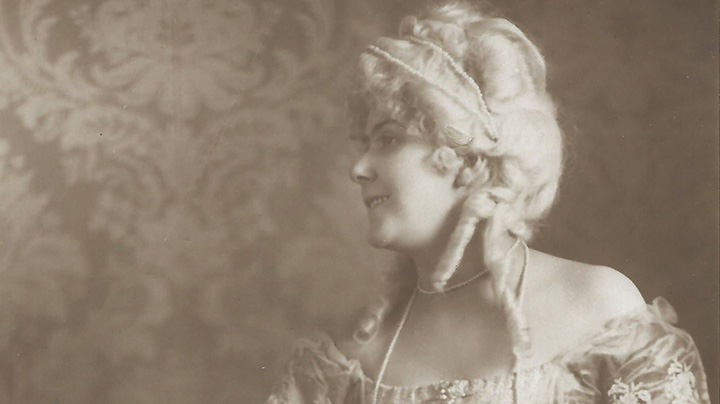
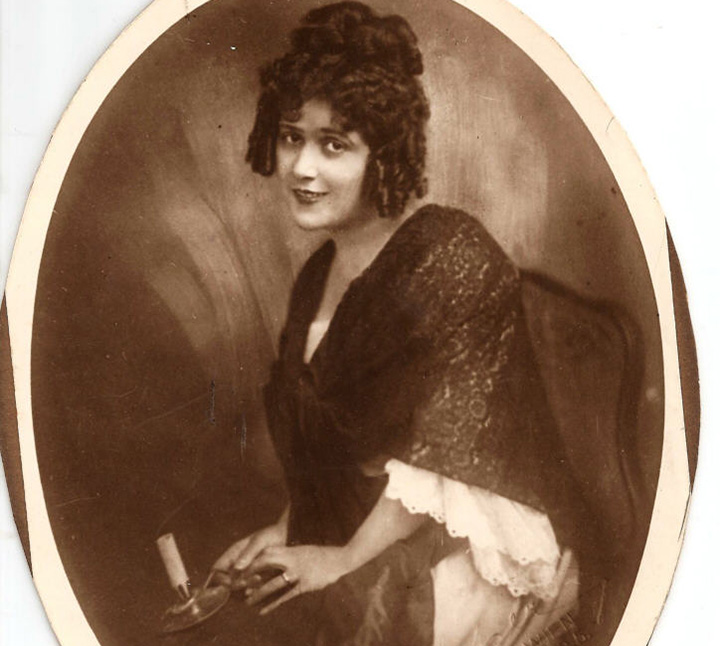
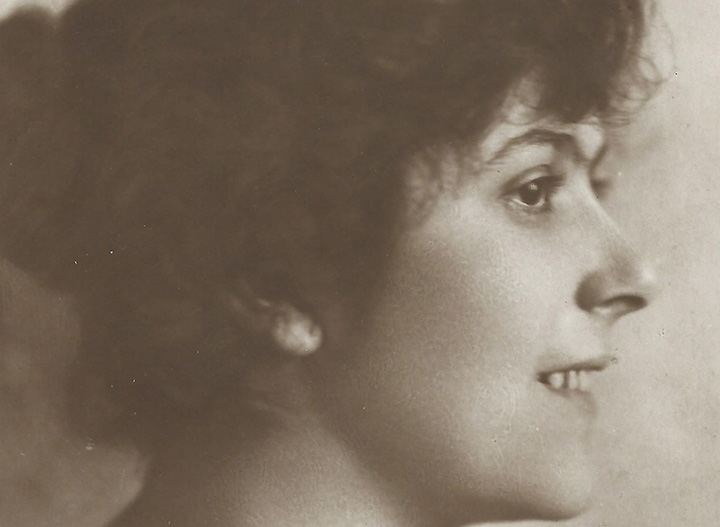
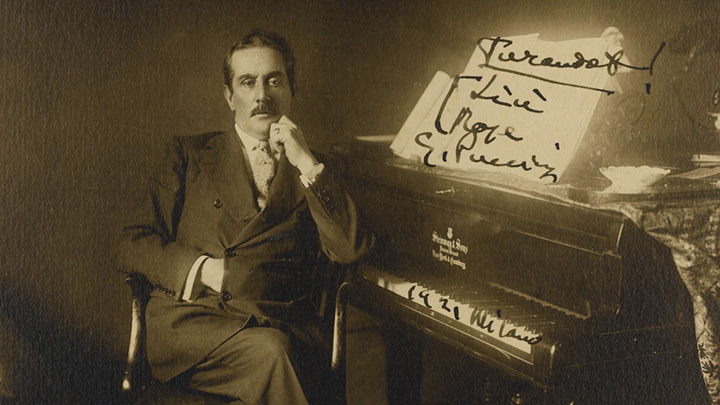












Comments